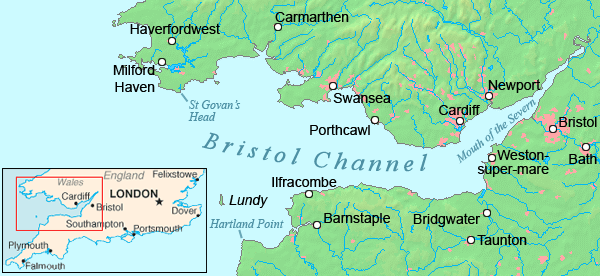The number of cryptosporidium cases have increased by six in a week linked to Coleg Gwent’s farm in Usk, Wales health officials report.
Cryptosporidium is a parasite that is very common in young farm animals and can easily be passed to people who come into contact with those animals.
It causes watery diarrhoea, stomach pain, nausea and vomiting, and can last for up to a month. Healthy people will usually make a full recovery
People are being reminded that good hand washing after coming into contact with farm animals, their bedding or dirty equipment including clothing is of the utmost importance in preventing infection with cryptosporidium.
There is no reason for anyone to avoid visiting petting farms as long as they ensure that anyone who has touched animals, thoroughly washes their hands with hot water and soap immediately afterwards and before eating. Hand sanitizers/alcohol gels should not be solely relied upon.
Cryptosporidium maybe acquired by four main routes: from other people, from animals and their faeces, from untreated drinking water contaminated by either agricultural or human sewage sources, and from swimming in contaminated water.
GPs in the Gwent area have been advised of the outbreak and asked to be alert to possible cases of diarrhea or vomiting in people.
Related:



2 thoughts on “Crypto update: 13 cases associated with Usk farm”